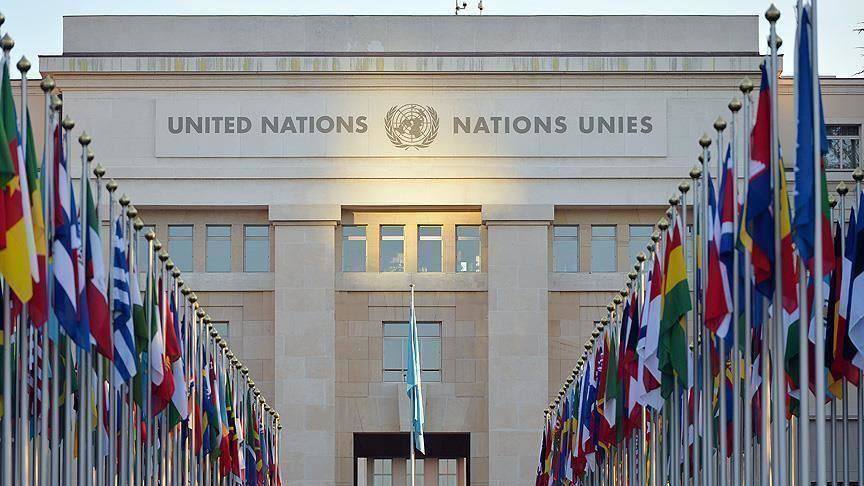Geneva, 29 April 2025 – UN experts urge Pakistan to uphold international law in its counter-terrorism efforts
United Nations human rights experts expressed deep concern on Tuesday, 29 April 2025, over the wide-ranging and harmful effects of Pakistan’s counter-terrorism operations in the province of Balochistan, urging Islamabad to fully comply with international law.
While acknowledging the serious threat posed by terrorism in the region and expressing solidarity with its victims, the experts emphasized that even legitimate security efforts must not come at the expense of human rights. “All counter-terrorism measures must be carried out within the framework of international human rights and humanitarian law,” they stressed.
A key concern highlighted in the statement was the ongoing and repeated use of enforced disappearances, which constitute both a grave human rights violation and an international crime. The experts urged the Government of Pakistan to establish effective and independent mechanisms to investigate such cases, criminalize enforced disappearance, and hold perpetrators accountable.
They also called on Pakistan to ratify the International Convention for the Protection of All Persons from Enforced Disappearance and to recognize the authority of the Committee on Enforced Disappearances to receive and review complaints.
The experts pointed to mounting restrictions on civil liberties in Balochistan, including freedom of expression, assembly, and access to information. Frequent internet shutdowns, they noted, have hindered transparency, public participation, and accountability. They warned that the targeting of civil society actors—such as members of the Baloch Yakjehti Committee (BYC)—and pressure on their families and lawyers may amount to reprisals for engaging with UN mechanisms.
The statement also criticized Pakistan’s vague and overly broad definition of terrorism, which has reportedly enabled the designation of activists, students, and academics as “proscribed persons” or the imposition of travel bans through inclusion on the Exit Control List.
Further concern was raised about proposed amendments to preventive detention laws, which could pave the way for arbitrary detention—already widespread against human rights defenders, particularly women. The experts cautioned that plans to establish new internment centers for terrorism suspects in Balochistan may lead to serious abuses, including torture, unlawful detention, and enforced disappearance.
In conclusion, the UN experts urged Pakistan to review and amend existing laws and practices to bring them in line with international human rights standards. They emphasized that effective counter-terrorism must also address the root causes of violence, such as discrimination, political exclusion, socioeconomic marginalization, and weak rule of law.
They confirmed that their concerns had been formally communicated to the Government of Pakistan and expressed readiness to provide technical assistance.


